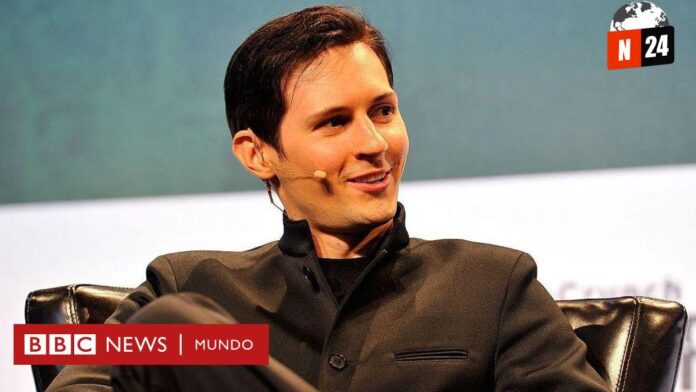In a captivating tale of power, privacy, and the perils of the digital age, the arrest of Pavel Durov, the visionary founder of the messaging app Telegram, has sent shockwaves through the tech world. This enigmatic Russian billionaire, often dubbed the “Russian Mark Zuckerberg,” has long been a pioneer in the realm of social media and encrypted communication.
Durov’s journey from creating Russia’s largest social network, VKontakte, to launching the globally renowned Telegram platform has been marked by both accolades and controversies. While hailed as a champion of digital freedom, the 39-year-old entrepreneur now finds himself at the center of a legal storm, accused by French authorities of failing to curb the use of his platform for illicit activities.
The arrest, which occurred shortly after Durov’s private jet landed in Paris, has sparked a heated debate surrounding the delicate balance between privacy, security, and the responsibilities of tech leaders. Durov, known for his minimalist lifestyle and unwavering commitment to user privacy, has long maintained that Telegram should remain a “neutral platform” and not become embroiled in geopolitical conflicts.
However, the platform’s strong encryption and lax content moderation have made it a haven for a wide range of activities, from legitimate discussions to the coordination of criminal enterprises. As the authorities continue to scrutinize Durov’s role in these matters, the tech mogul’s reputation as a champion of digital freedom hangs in the balance.
The case of Pavel Durov serves as a cautionary tale, highlighting the complex challenges faced by tech innovators in an era where the lines between innovation and regulation are constantly shifting. As the world grapples with the implications of this high-profile arrest, one thing remains clear: the future of digital privacy and the role of tech leaders in shaping it will continue to be a topic of intense debate and scrutiny.







